Where to Find or Publish Research Data: 10 Years of Re3Data
If you are looking for research data or a suitable repository to publish your research data, Re3Data is a one-stop shop. Now the directory is celebrating its tenth anniversary. We congratulate and show how it helps you select research data repositories. For ten years now, the Registry of Research Data Repositories (Re3data) has been supporting researchers around the world. With entries from all major research data repositories (more than 2,800) across all research disciplines, Re3Data is the most comprehensive source of information on research data repositories. The search and filtering functionalities make the platform as useful for finding published research data […]
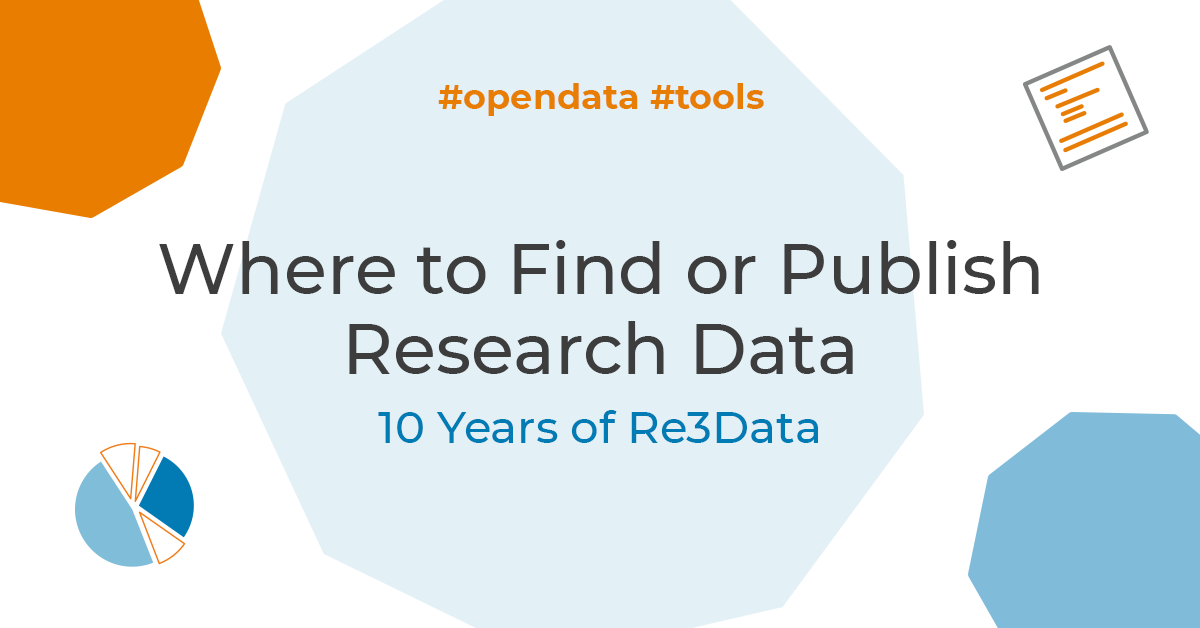
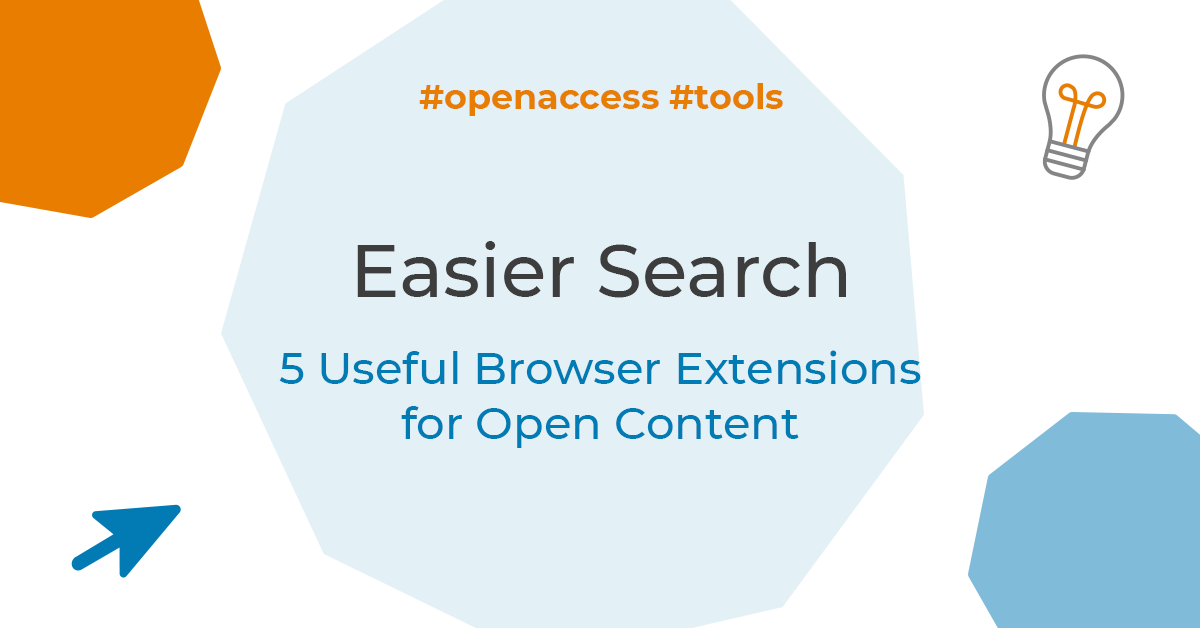
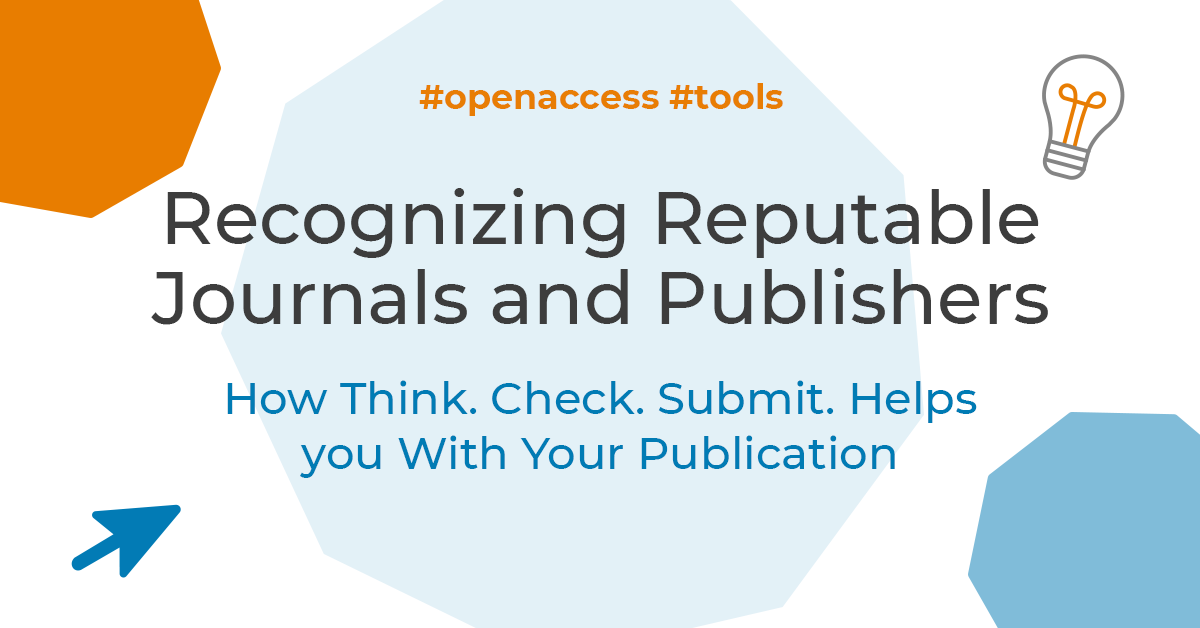
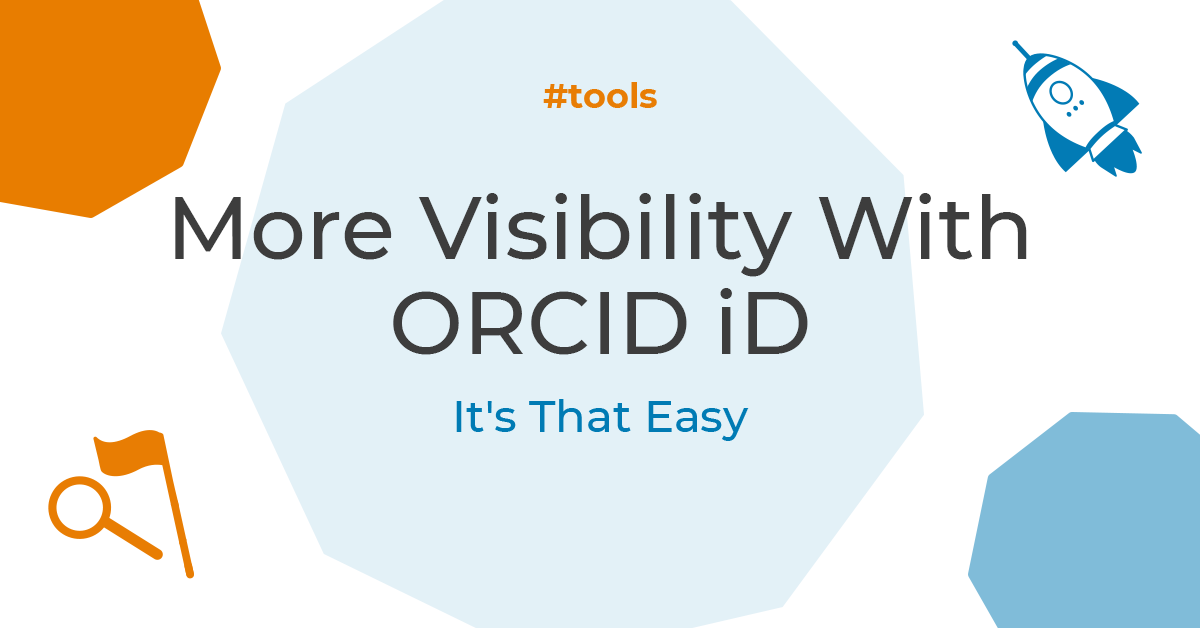
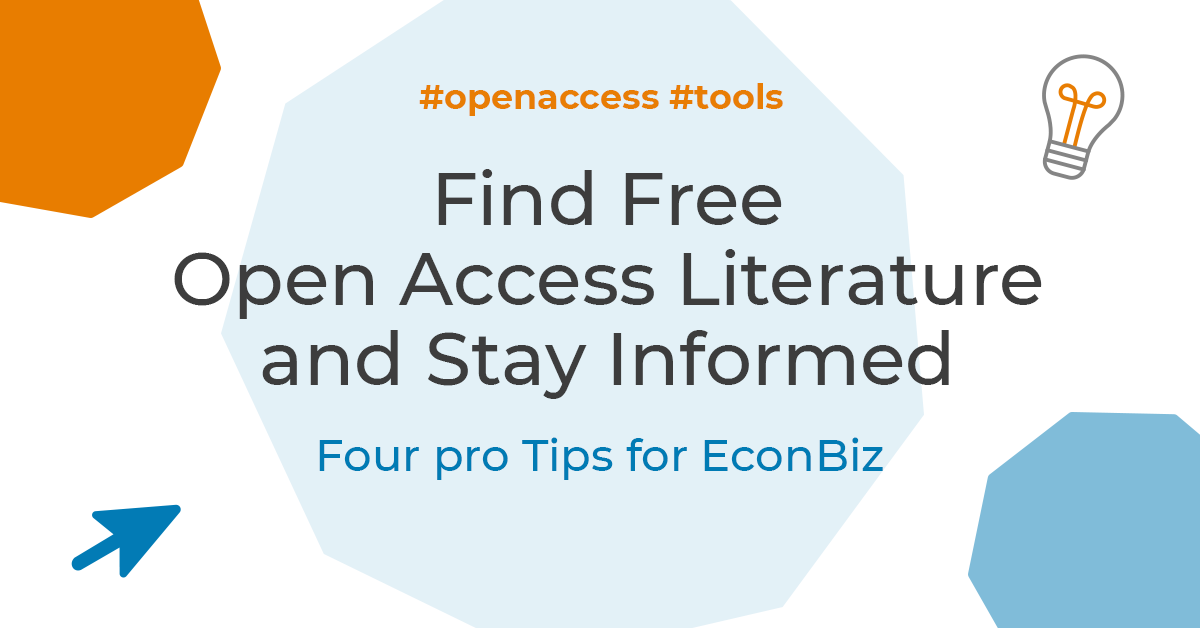
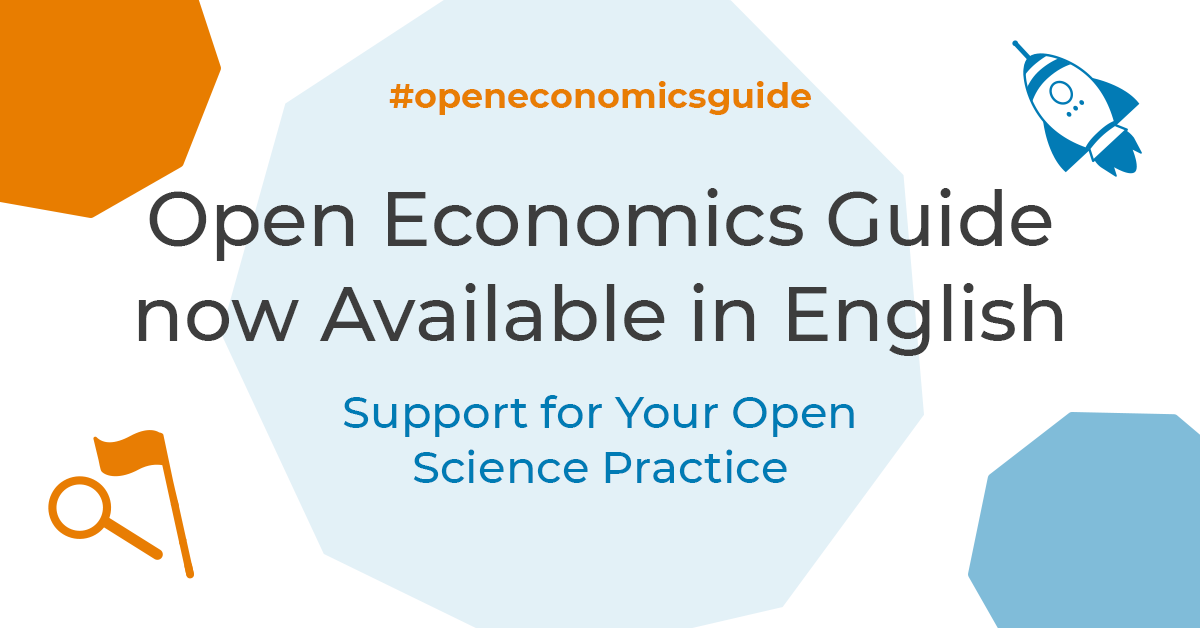
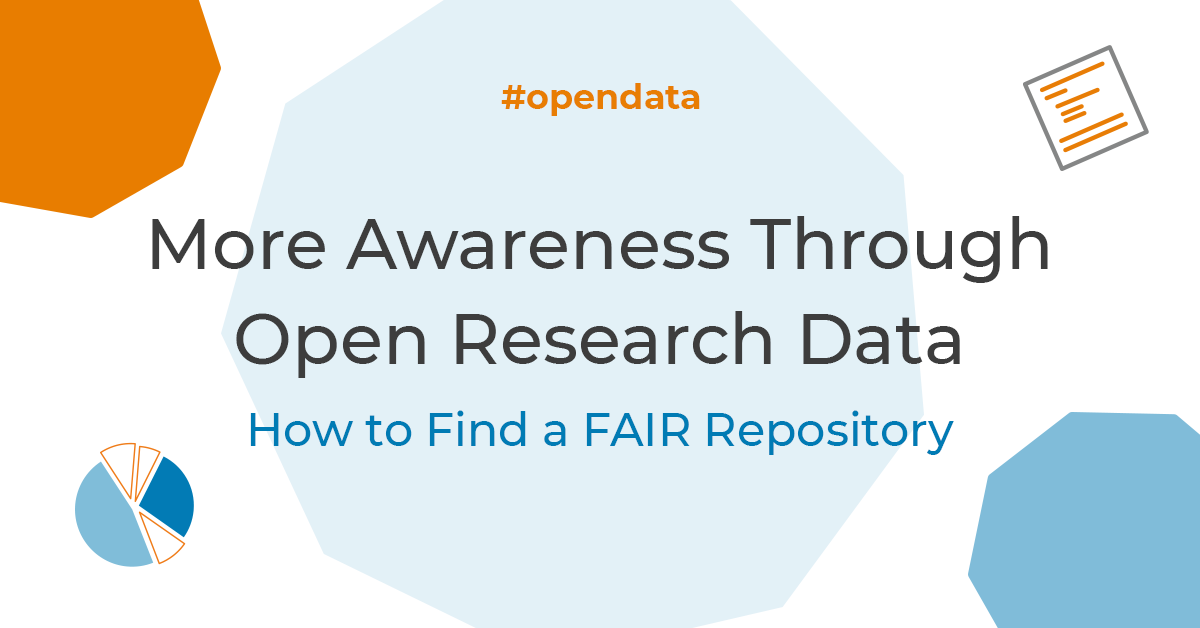
![More Credit Through Open Research Data: how to Recognize a FAIR Repository [Checklist]](https://openeconomics.zbw.eu/wp-content/uploads/2022/02/Mehr-Anerkennung-durch-offene-Forschungsdaten-eng-2.png)